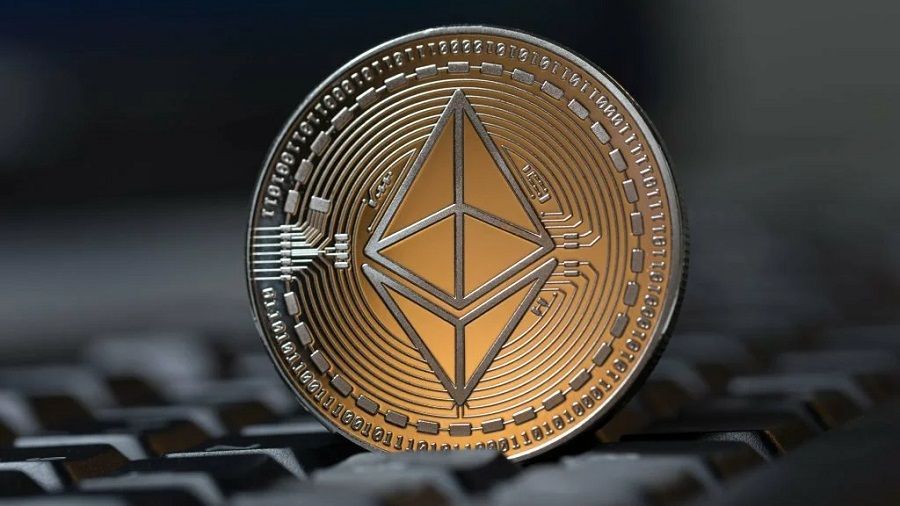Bender Labs has introduced the Wrap protocol, a decentralized bridge for transferring ERC-20 and ERC-721 tokens between Ethereum and Tezos blockchains.
The protocol allows users to “convert” ERC-20 and ERC-721 tokens and move them outside the blockchain on which they operate. In other words, using Wrap, you can transform the tokens of these standards into the FA2 standard of the Tezos blockchain.
Tokens are locked on their own blockchain, and a corresponding number of wrapped versions of these cryptoassets appear on another network. At the same time, they retain the characteristics of the “originals”, including their cost. For example, one WETH can always be exchanged for regular ether blocked on the Ethereum network. Despite the fact that the price of the wrapped tokens is tied to the original cryptoassets, they can be freely used in the Tezos ecosystem.
Moving tokens temporarily to other blockchains can reduce fees if the original chain has high transaction fees. With Ethereum’s growing user base and network congestion, Bender Labs is hoping to address the high cost of gas in Ethereum. The average transaction fees on this network recently surpassed $ 30. For “whales” transferring large sums, this figure may seem insignificant. But for ordinary users making small transactions, such commissions “hit the pocket.”
In the Tezos blockchain, the commission for transactions of even more than $ 1 million varies from $ 0.01 to $ 0.15. In addition, Tezos uses a Proof of Stake (PoS) consensus that does not require a lot of electricity. However, this blockchain has serious competitors in the form of second layer protocols for the Ethereum network.
“Bender Labs’ solution is an ‘autonomous bank’ for an open financial system. We believe that financial markets should be open and transparent. They have to work on a code basis and without intermediaries, ”said Tezos CEO Hugo Renaudin.
Recall that last month, the Cosmos developers also activated a protocol that allows the transfer of tokens between different blockchains.







